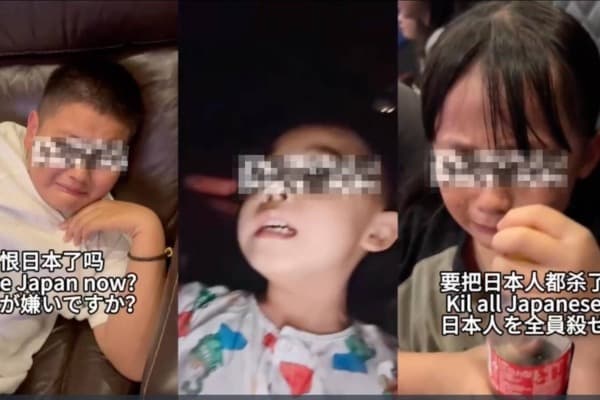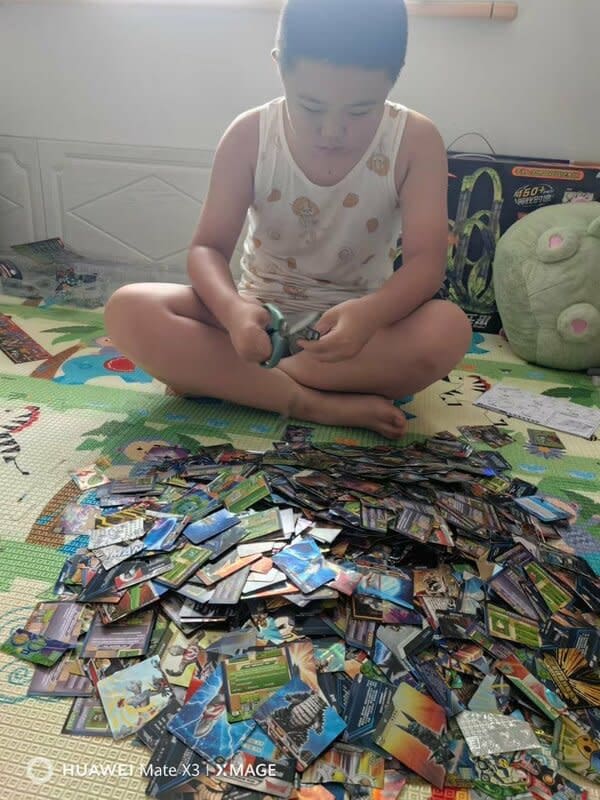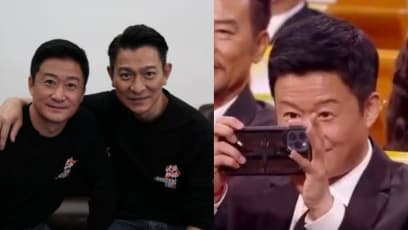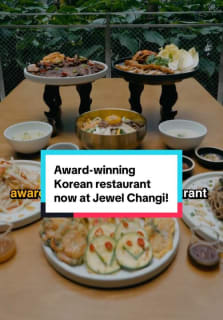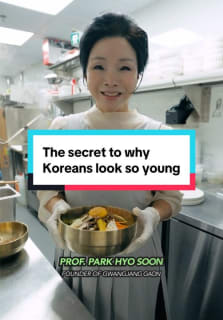Chinese Patriotic Film Dead To Rights Sparks Anti-Japanese Sentiment & Controversy Over Impact On Kids
The film has sparked disturbing reactions among kids, with one girl filmed saying she wants to "kill all Japanese".
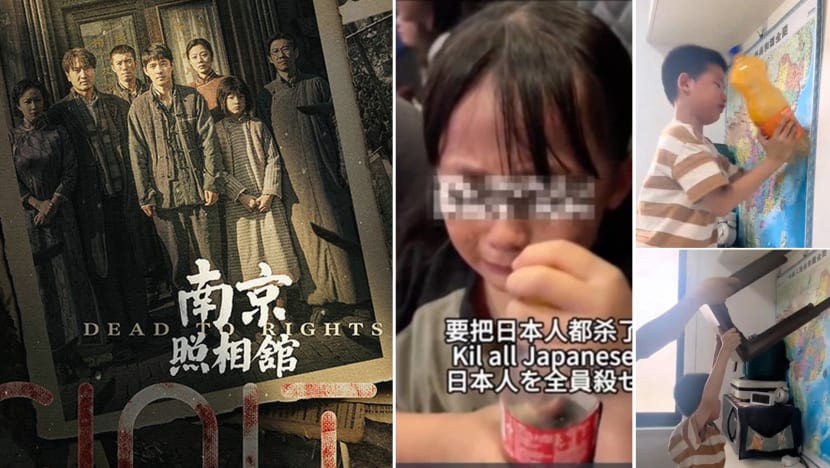
To commemorate the 80th anniversary of the victory in the War of Resistance Against Japan, the Chinese Communist Party (CCP) has released a slate of 'patriotic films'.
Already one of the year's biggest box office hits, wartime thriller Dead to Rights has sparked widespread controversy for allegedly inciting anti-Japanese sentiments, particularly among children.
The film has grossed 1.5 billion yuan (S$280mil) since its July 25 premiere.
Set against the backdrop of the 1937 Nanjing Massacre, which saw the mass killing and sexual assault of tens of thousands of Chinese civilians by invading Japanese troops, the film follows a group of Chinese survivors who seek refuge in a photo studio.
While developing photos for a Japanese military photographer, they discover horrifying images of massacres, rapes, and looting committed by Japanese soldiers. They risk their lives to preserve the photographic evidence.
Due to the film’s subject matter and its connection to the Nanjing Massacre, Chinese social media platforms have been flooded with anti-Japanese comments.
Netizens expressing views that differ from the mainstream patriotic narrative often face online attacks or are reported to the authorities.
What has sparked the most concern, however, is the reaction from younger audiences.
Last week, a mother in Anhui province shared a video of her son furiously smashing Japan’s location on a map of China after watching clips from the movie.
In another video, a girl cries after watching the film, saying: “We should kill all Japanese.”
In Henan, a nine-year-old boy reportedly tore up his treasured Japanese anime cards after watching the film.
One netizen said these reactions were disturbing: “No one denies the horrific crimes Japan committed during its invasion of China — all invasions and massacres deserve condemnation. When will we break this cycle of being emotionally manipulated generation after generation?”
These incidents come amid a string of attacks targeting Japanese individuals in China.
In September last year, a 10-year-old Japanese boy was fatally stabbed in Shenzhen. Most recently on July 31, a Japanese mother was attacked in a Suzhou subway station.
Observers believe these incidents may be linked to the CCP’s long-standing campaign of anti-Japanese education and propaganda.
According to Japanese journalist Akio Yaita, some Japanese residents in China have begun warning their friends and family to avoid travelling there.
“The situation is deteriorating,” one reportedly said. “The recent release of Dead To Rights has stirred up a new wave of anti-Japanese sentiment. It’s best to avoid China for the time being — and even within Japan, avoid crowded places with large Chinese populations.”
Mr Liang, a Chinese national who has lived in Tokyo for many years, told The Epoch Times that it was deeply troubling that school children across China are watching Dead To Rights and coming away with the idea that they should kill Japanese people.
He contrasted China’s approach with European education systems, where historical content is age-appropriate.
For instance, the well-known film Life is Beautiful, which portrays life in a concentration camp, is only shown to secondary school students and older.
The acclaimed Schindler’s List, due to its graphic scenes, is restricted to high school students and above.
“Children don’t yet have the cognitive capacity to process such material. When you portray an entire race or country as evil, the result is blind hatred — and that defeats the purpose of education,” he said.
Mr Liang also questioned why China still lacks a film classification system, suggesting it may be a deliberate strategy by the authorities.





